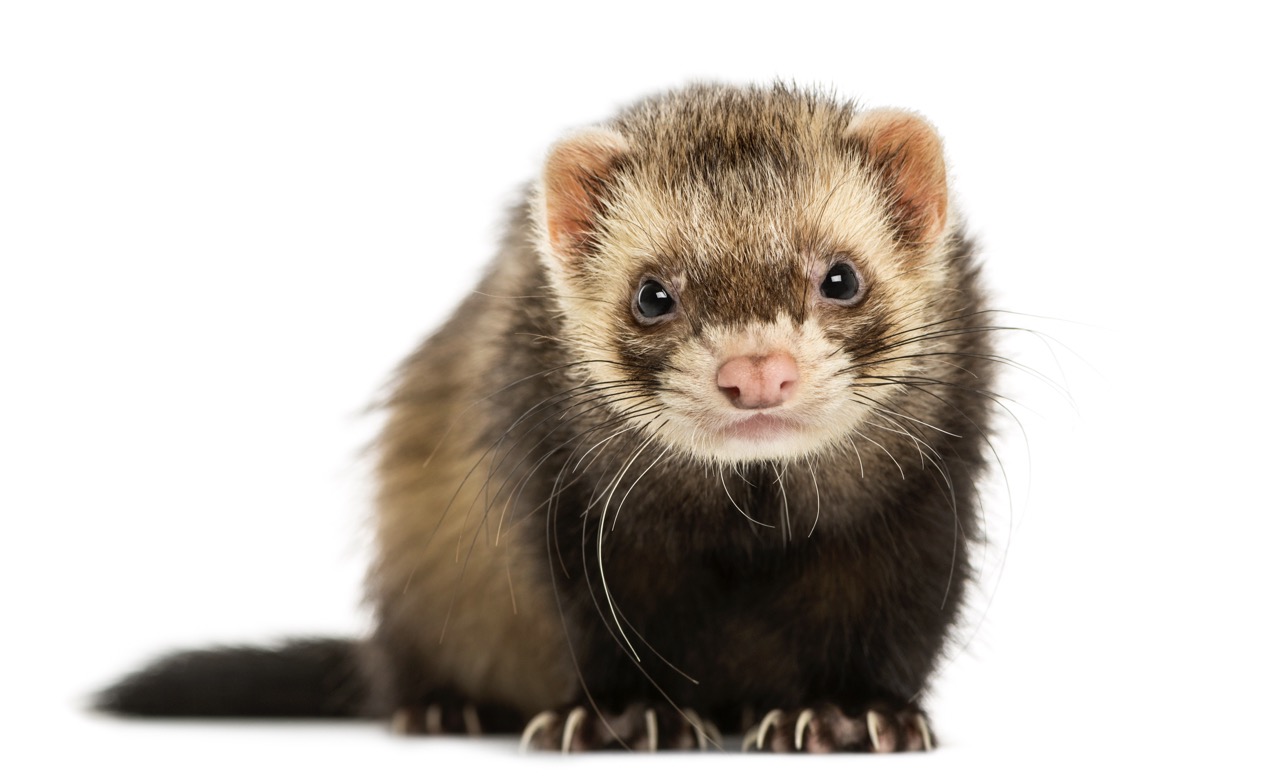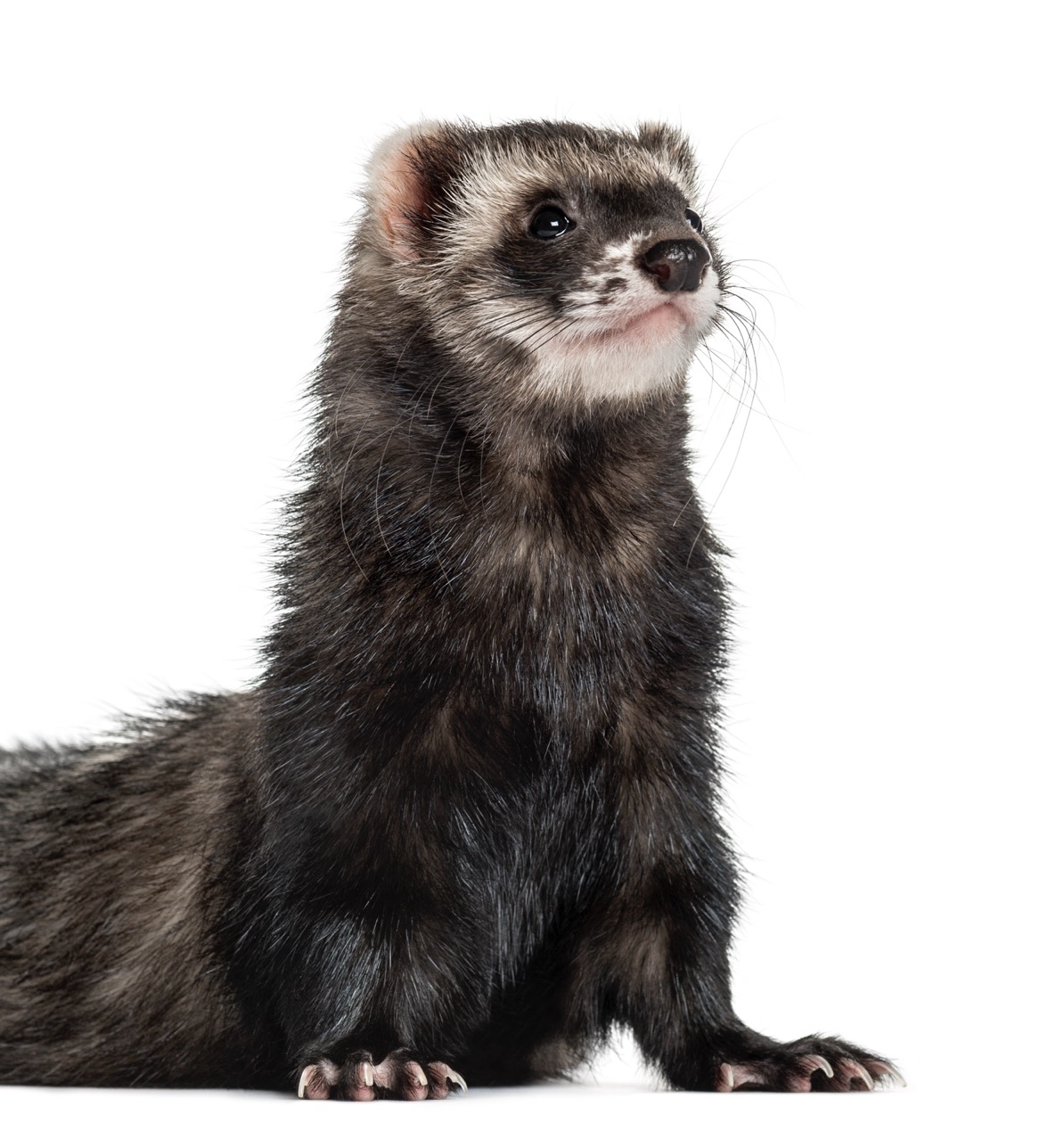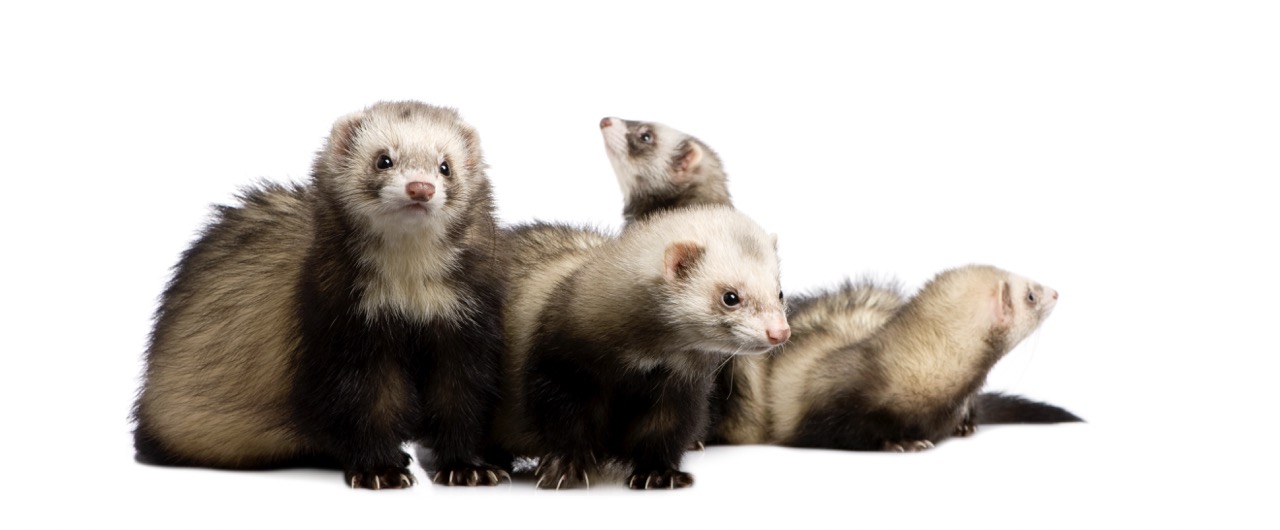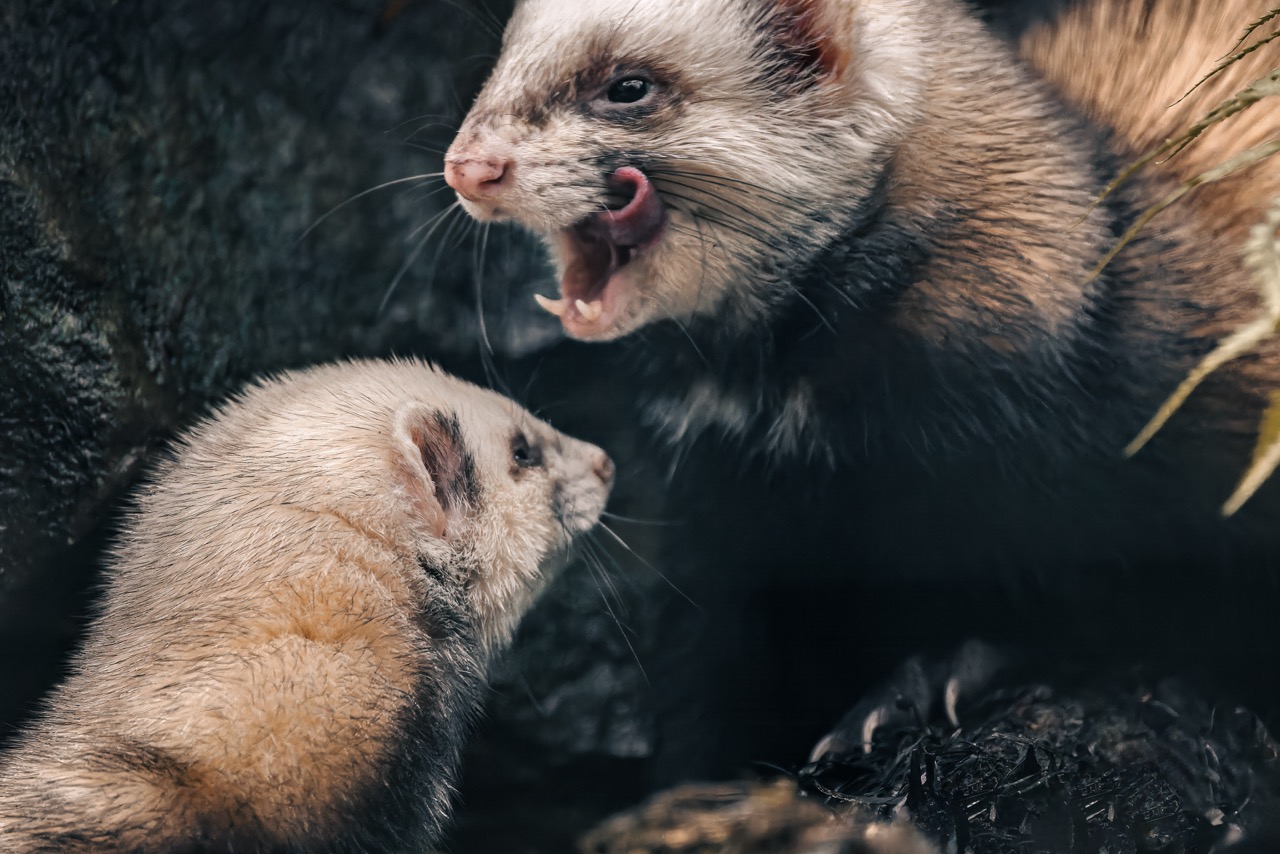In recent years, social media has transformed the landscape of pet ownership, particularly regarding less conventional pets like ferrets. With platforms such as Instagram, TikTok, and Facebook showcasing the charming antics of these furry companions, ferret ownership has surged in popularity. This article will explore how social media influences ferret care and ownership trends, examining the rise of ferret popularity, the impact of influencer culture on care practices, the formation of online communities, and the educational resources available for ferret owners.
The Rise of Ferret Popularity in Social Media Circles
The advent of social media has given rise to a unique set of trends in pet ownership, and ferrets are no exception. Previously considered niche pets, ferrets have captured the attention of countless users on platforms like Instagram and TikTok, where they are often featured in humorous and heartwarming content. This exposure has contributed to a growing fascination with ferrets, prompting many prospective pet owners to consider them as viable companions. The visual nature of social media allows ferrets’ playful and inquisitive personalities to shine, drawing in viewers who may not have previously considered adopting one.
As influencers showcase their ferrets, they often highlight the daily lives and quirks of these animals, presenting them as lovable and engaging pets. This has helped normalize ferret ownership, dispelling misconceptions surrounding their care and behavior. The hashtag phenomena, such as #FerretsofInstagram, allows ferret owners to connect, share experiences, and celebrate the joys of having ferrets, further amplifying their popularity. The proliferation of ferret-related content has made it easier for individuals to learn about these pets, thus increasing interest and adoption rates.
Furthermore, the rise of ferret-themed merchandise on social media can also be attributed to this newfound popularity. From toys and accessories to custom apparel featuring ferret imagery, the market has expanded to cater to the growing ferret-loving community. By creating a culture around ferrets on social media, influencers and enthusiasts alike have made it clear that these animals can be both delightful companions and an integral part of someone’s lifestyle.
Impact of Influencer Culture on Ferret Care Practices
The influencer culture on social media has also significantly impacted ferret care practices. Many pet influencers share their daily routines, providing followers with insights into proper ferret care, health considerations, and enrichment activities. By prioritizing responsible pet ownership, these influencers can positively shape the understanding of ferret care among their audience. As a result, many new ferret owners are better informed about the specific needs of their pets, including diet, socialization, and habitat requirements.
However, influencer culture is not without its drawbacks. Some social media stars may prioritize entertainment over education, leading to the dissemination of misinformation or harmful practices. For instance, while some influencers may showcase ferrets engaging in risky behavior, such as being allowed to roam freely outdoors, such actions can pose serious health risks to the animals. It is essential for followers to discern between entertaining content and responsible care practices, ensuring they are well-informed before adopting a ferret.
Moreover, the pressure to conform to certain aesthetics or lifestyles portrayed by influencers can also lead to unrealistic expectations for ferret care. New owners may feel compelled to invest in elaborate setups or accessories, potentially detracting from the fundamental aspects of care that matter most. As such, it is crucial for the community to promote a balanced perspective on ferret care—one that emphasizes essential practices rather than superficial trends.
Online Communities Shaping Ferret Ownership Trends
Online communities have emerged as vital platforms for ferret owners to share knowledge, experiences, and advice. Groups and forums dedicated to ferret care provide a wealth of information on various topics, ranging from dietary needs to behavioral issues. These communities foster a sense of belonging and support, allowing members to connect with like-minded individuals who share a passion for ferrets. As a result, they play a crucial role in shaping contemporary ownership trends and practices.
The interactive nature of social media enables these communities to thrive, allowing members to ask questions, share photos, and discuss challenges. This collective knowledge can significantly enhance the care that ferret owners provide their pets. By exchanging tips and resources, community members can learn from one another and refine their approaches to ferret care, resulting in healthier, happier pets. Additionally, these online networks often contribute to the promotion of adoption and rescue efforts, inspiring individuals to give homes to ferrets in need.
As ferret ownership trends continue to evolve, these online communities serve as a critical feedback loop. They not only disseminate knowledge but also identify emerging trends in ferret care and ownership. For instance, as more owners share their experiences with specific diets or enrichment techniques, these practices can quickly gain traction within the community, influencing the way ferrets are cared for across the board.
The Role of Social Media in Ferret Education Resources
Social media has also become a valuable tool for educating ferret owners and enthusiasts. Dedicated pages, groups, and accounts focus on providing accurate information regarding ferret health, behavior, and care. This accessibility to information can be particularly beneficial for new owners who may not know where to turn for reliable advice. Educational content can range from infographics to videos, making it easier for individuals to absorb crucial information about their pets.
Additionally, many veterinarians and animal behaviorists are harnessing social media to reach a broader audience. By sharing their expertise, these professionals can contribute to a more informed ferret ownership community. They often address common misconceptions and provide scientifically-backed recommendations for care, helping to elevate the overall standard of ferret care practices. Their involvement helps counteract misinformation that can sometimes proliferate on social media platforms.
Moreover, social media campaigns and initiatives promoting responsible ferret ownership have emerged, aiming to raise awareness about the needs of ferrets. By leveraging the vast reach of these platforms, advocates can educate potential owners about the responsibilities associated with ferret care, including understanding their social behavior and health requirements. This proactive approach to education is essential in fostering a community of responsible ferret owners who prioritize the well-being of their pets.
In conclusion, social media has significantly influenced the landscape of ferret care and ownership trends. From the rise of ferret popularity within social media circles to the profound impact of influencer culture and the formation of online communities, these platforms have reshaped how prospective and current ferret owners engage with their pets. Furthermore, social media plays a crucial role in providing educational resources, ensuring owners are equipped with the knowledge necessary for responsible ferret care. As these trends continue to evolve, it is essential for the community to prioritize accurate information and support each other in fostering the health and happiness of ferrets.









